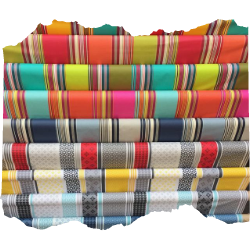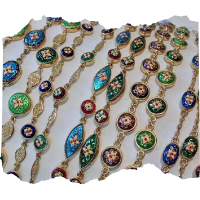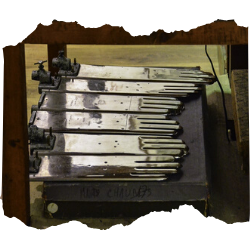Fascinated by Gallo-Roman history? Click Here to download > > > Here are 6 ways Rome affected France
- Home ›
- Ze French ›
- Daily Life in France ›
- Made in France
Made in France: Creations, Crafts and Creativity
What to the words "Made in France" make you think of?
Something French, obviously, but possibly other things, like quality, luxury, style, authenticity...
Because the French are among the proudest people on earth, one of the things we love the most about ourselves are our traditions, especially when they are quaint, unique or in danger of disappearing.
Like with many things old, there is a tendency to try to 'upgrade' and modernize. Traditions don't escape that mold.
Products that were made a certain way for decades, even centuries, might receive a facelift through mechanization, the replacement of traditional natural materials with synthetic ones, or mass production.
Change one tiny thing about how a cheese is turned, a wine bottled or a cloth woven and you could have a revolt on your hands
NOTE: Pages on this site may contain affiliate links, which bring in a small commission at no cost to you.
Things we touch
France has a long history of creativity and craft, and while much may have already been lost, that realization is prompting us to preserve what is left.
We love making things, whether clothes or jewellery or furniture, anything beautiful, really. While we make plenty of practical things (kitchenware and airplanes are good examples), where we excel is when we make things that are beautiful. These are things that last, that we can touch, and that are unique because we know there won't be another one exactly like it. That's the beauty of handmade goods.
Many of these traditions have been handed down to today's creators, who put the same amount of work into what they do.
Here are a few examples of this craftsmanship, each a work of art in its own way. They derive from a deep sense of history coupled with skills that have been handed down through generations.
Beyond the great artists and painters who have populated this country's history stand the artisans, the thousands of craftsmen and women who dedicate their lives to a specialty. In many ways, their work is as rewarding as what is considered art (and to be clear, the line between artist and artisan can be very thin indeed).
After all, is an Hermès handbag not a work of art? Or these incredible architectural rings (below) designed by Philippe Tournaire from Montbrison? Is all this not art?
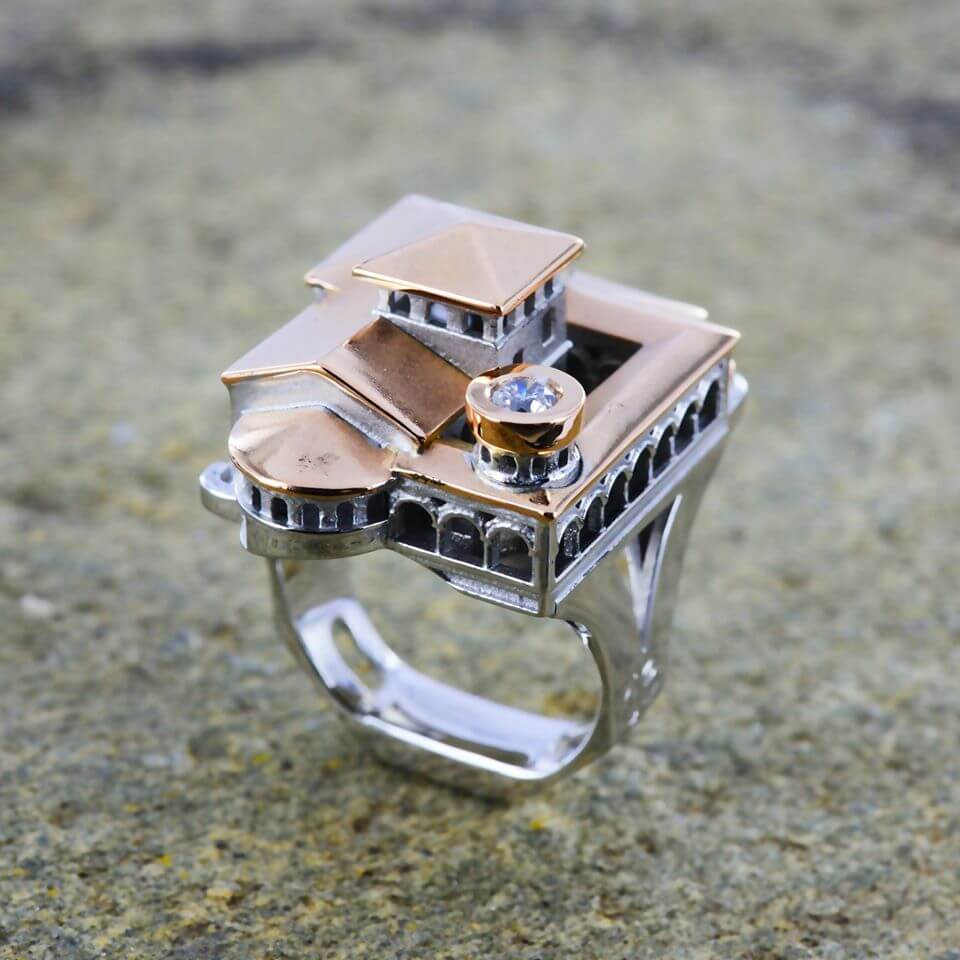
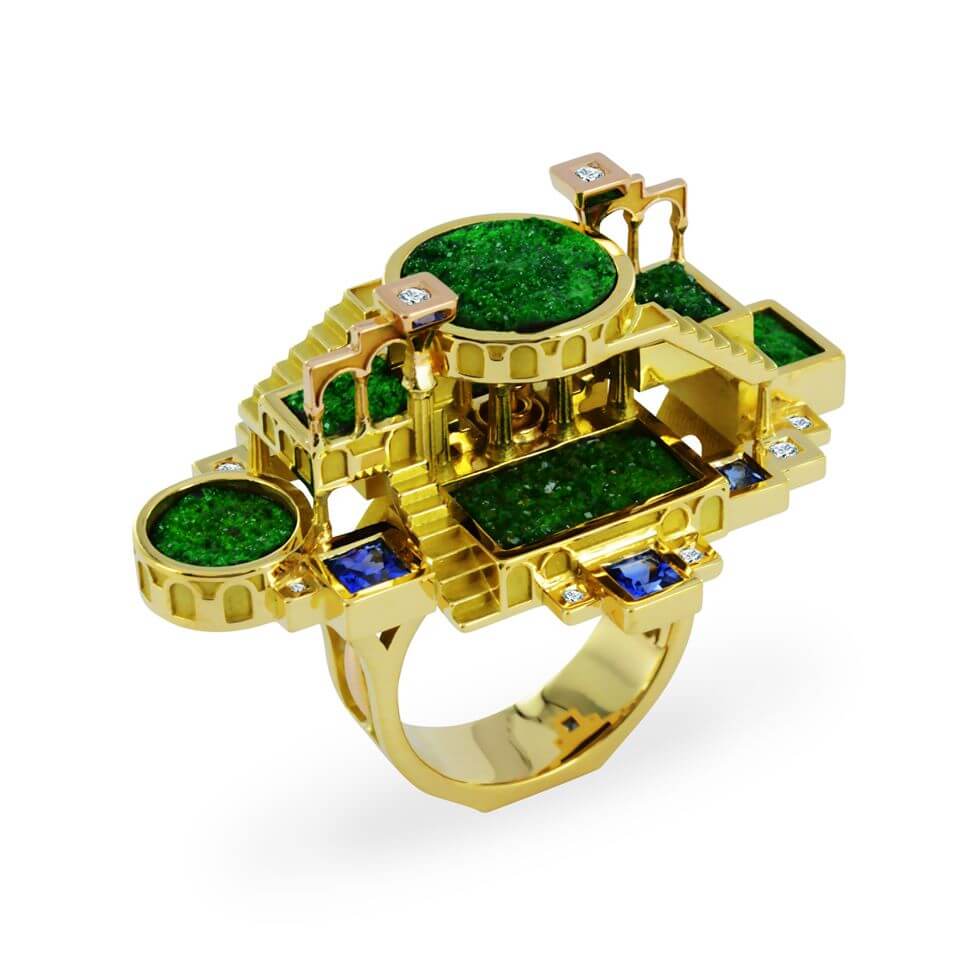
Things we consume
The crafts I just mentioned yield products that may last a lifetime and that in itself adds great value to an item. If you know you'll be passing your handbag to your daughter or your watch to your son, you'll appreciate it even more.
But there is another kind of product that triggers enormous French pride: things we eat and drink. This isn't about a good restaurant but about the products themselves, the quality of the wine or the workmanship behind Alpine cheese.
France cares deeply about something it calls the terroir, which is the environment that surrounds a product – in other words, the soil, the climate, the rainfall, the air, everything that goes into ensuring something grows or is prepared the way it should.
So while things that last have their value, so do things that do not.
While the product itself is important – the cheese or the wine or the particular vegetable or meat – what is also essential is the way things are produced. In other words, we care about the workmanship that goes into making all that great food, whether we are talking about a renowned chef or about a traditional salt harvester in the Guérande region.
How we protect it all
France has an impenetrable network of statutes, associations and qualifications designed to protect what it makes, ranging from elite labels for products of a specific origin to groups dedicated to preserving what we call the patrimoine, our heritage.
Take the many food and wine brotherhoods of France, which promote and protect local foods and drink from imitators or from a fall in quality. These men and women wear medieval outfits and hold forth in the smallest of villages in the summer months to show off their specialities, everything from a certain type of garlic to an individual wine.
Ultimately, whether we are talking about fashionable handbags or the purest of olive oil, the French care deeply about what they produce.
It must be perfect. Nothing less will do.
Did you enjoy this article? I'd love if you shared it!
